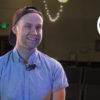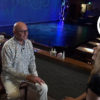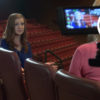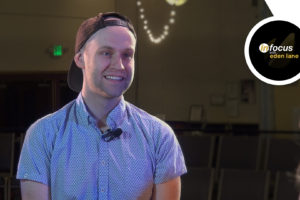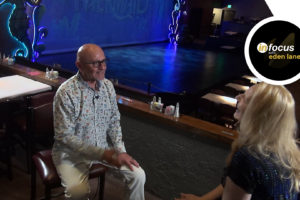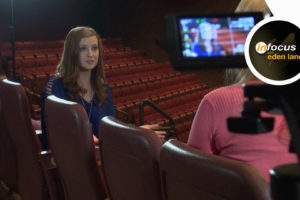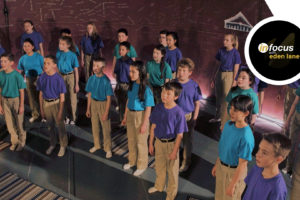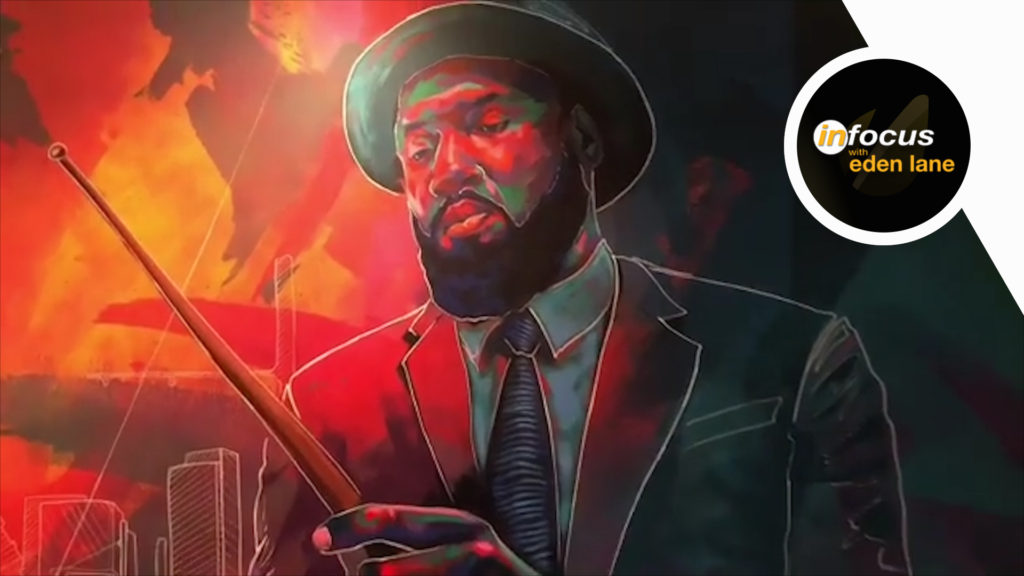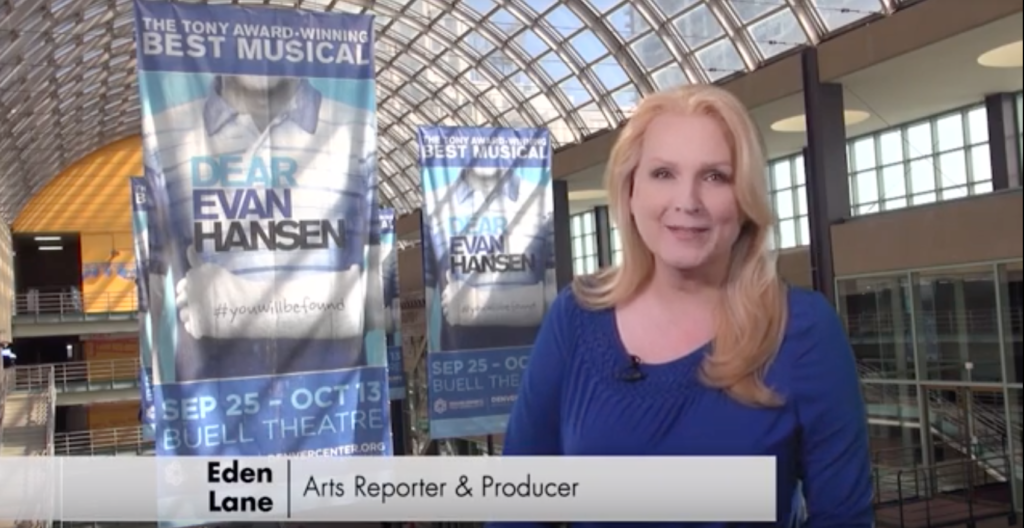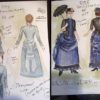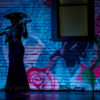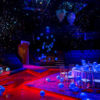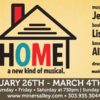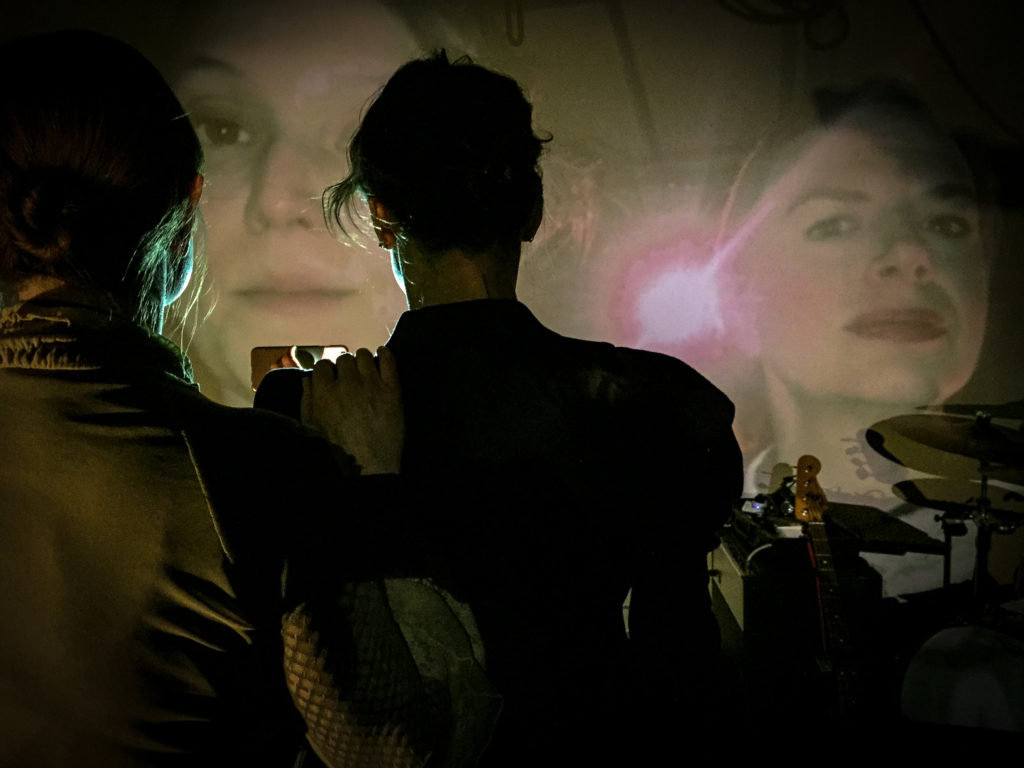
Grapefruit Lab’s premier production takes a new look at Jane Eyre from a queer perspective, with original music by Teacup Gorilla and Dameon Merkl.
It is billed as an exploration of Charlotte Brontë’s classic novel Jane Eyre. The new look at the 1847 Charlotte Brontë story features original songs by Teacup Gorilla and Dameon Merkl (Lost Walks, Bad Luck City). The creative team behind the hybrid play/concert adaptation is author/musician, Miriam Suzanne, and former director at The LIDA Project, Julie Rada. They describe it as a dark and often humorous look at the early feminist novel — bringing a contemporary, queer perspective to Jane’s story.
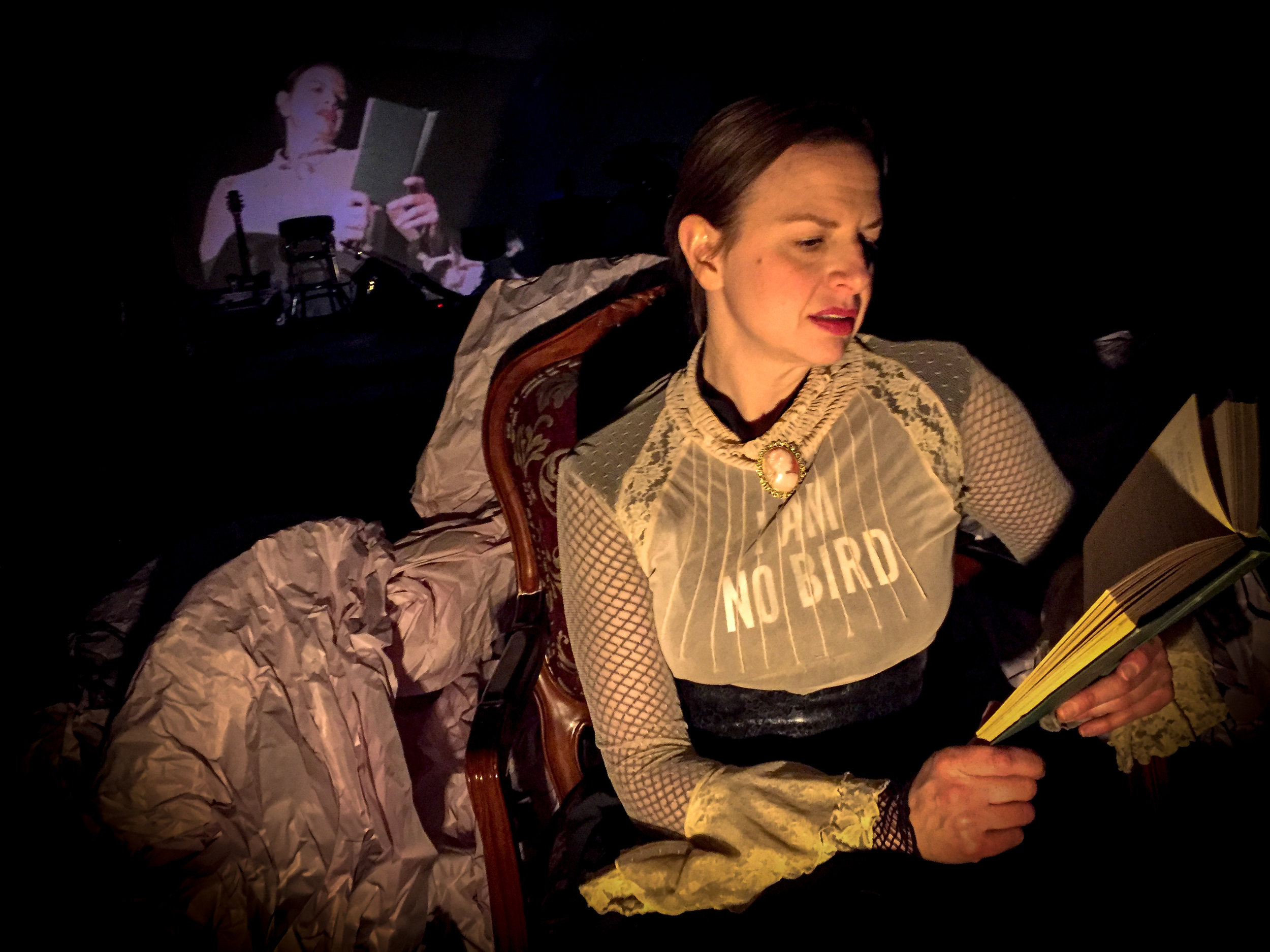
My email Q&A with Miriam Suzanne
EL: What was is about Jane Eyre that inspired you to create this as your first full-length show?
MS: Julie has loved Jane Eyre since she read it in school. When she proposed it as one of several options, Miriam had to do some research to get caught up – and fell in love quickly. (Julie Rada clarified: “I didn’t read it in high school. I read it a few years ago for fun.”)
We were excited by the first-person, internal perspective of a woman growing up – a format that jumps quickly between exposition, private emotional ruminations, and cutting political statements. This is complex woman, trying to find independence in a world that won’t allow it. She’s acutely aware of power, privilege, and class in every moment – and willing to step outside the story to address it.
Meanwhile, she’s just a kid growing up: falling in love, experiencing heart-break for the first time, and pondering death, religion, and forgiveness. She’s in the action, and also looking back on it. This wild mix of personal and political, action and reflection, is how life feels to me – and I find that interesting to explore. We highlight it in production by having two Jane’s on-stage, passing the story between very personal moments, and outside commentary or narration. Lindsey Pierce plays in the action, with Miriam commenting as she provides underscore with the band.
For the second edition of the novel, Charlotte Brontë (as Currer Bell) writes a scathing preface – a defense of her character against pious critique – and then suddenly wanders off into a tangent about her favorite author: William Thackeray. The books has an attitude, and an agenda, in addition to an interesting character. We love the tangents as well as the layered authorship – Brontë writing as Bell, who writes as Jane, narrating from 10-20 years in the future. So we put Brontë on stage as well, played by Julie – sometimes defending her work, and sometimes commenting on it from a more contemporary perspective.
EL: How would you describe the music for anyone not already familiar with Teacup Gorilla?
MS: Teacup Gorilla was once called “too moody for pride” – and that seems
appropriate. We merge instrumental “post-rock”/”indie-rock” aesthetics with poetry, and story-telling – for a sound that is both moody and cinematic, even when we play at bars. We enjoy big dynamic shifts, and carrying the audience along on a journey from one song to the next – shifting musical genres as necessary to get where we’re going.
According to Tom Murphy in the Westword: “Teacup Gorilla’s amiable creative approach, unorthodox roots and sense of community have resulted in a sound that is difficult to pin down: part instrumental rock, part glam, part psychedelic, part jazz-inflected. And it sounds like nothing much else in this highly imitative era.”
On a more practical level, we’re often compared to early Modest Mouse, Explosions in the Sky, and Velvet Underground. For this piece we’ve also taken inspiration from Django Reinhardt, Parlement Funkadelic, Mark Knopfler, Anglican hymns, and elsewhere.
EL: You described the project as “bringing a contemporary, queer perspective to Jane’s story.” — there are many intersections of identities that can be encompassed in ‘contemporary, queer perspective’, can you describe what queer perspective(s) are at work in this adaptation?
MS: Julie and I are both “contemporary queers” – so on a very basic level, our own perspectives fit that description, and we’ve gone out of the way to include our perspective in the piece: adding ourselves to the authorial stack: writing as Bell, as Brontë, as Jane. And we’re not alone: there are queer women in the band, and playing music before some performances.
But we also bring an understanding of queer history, queer theory, intersectionality, and contemporary thought to a story that is both feminist and problematic at times. When Brontë writes about Jane’s close, physical relationships to Helen Burns or Diana Rivers, we can read those as queer relationships – written before “lesbian” or “bi/pansexual” identity-groups had formed. So we dig into that un-named queerness and draw it out. Suddenly Mr Rochester becomes one of several love interests, treated on equal footing with the others.
We say “queer” with a sense that it is different from a more descriptive “lgbtqia” – a way of understanding fluid identities, sexualities, and labels – concerned with intersections of the political and personal. Queer theory starts from questioning “normal” – what is it, who decides, and what power dynamic is behind it? That’s the same foundation that Jane seems to work from: constantly questioning what she’s been told about gender, class, religion, mental health, and so on. Sometimes that provides problems for us, when Brontë’s understanding of race and colonialism fall far short – brushed to the side without much thought. How can we as adapting authors comment on that, and critique the story as we tell it?


